Destigmatizing & Demystifying Suicide
The World Health organization has deemed suicide to be a matter of public health that requires intervention and prevention. According to Statistics Canada, more than 10 Canadians die by suicide every day, which averages out to almost 4,500 people annually. Statistics Canada ranks suicide as the 9th leading cause of death, higher than conditions like kidney disease.
As a public health matter, suicide can affect many of us, either directly or indirectly and it is difficult to discuss and have safely and open conversations about suicide due to stigma associated and the negative sentiments linked to it.
What can we do to dismantle stigma and support prevention in our personal life and workplaces?
Using suicide-safe language
The use of terms “attempt” and “died by suicide” help to break the stigma on the negative associations made around suicide and helps those to ask for help when needed and survivors to heal affected by suicide. The term of “commit suicide” refers to a criminal offence and suicide is not a crime.https://www.canada.ca/en/public-health/services/suicide-prevention/about-suicide.html
Instead of this… | Say this… |
Commit/committed Suicide | Died by suicide/death by suicide |
Successful/unsuccessful suicide Completed/failed suicide. | Died by suicide/survived a suicide. attempt/lived through a suicide attempt.Fatal vs. non-fatal suicide behavior/attempt |
<Name> is suicidal | <Name> is thinking about suicide/has experienced thoughts of suicide |
At-risk people/populations High-risk people/populations | Populations with higher rates of suicide. Populations that are disproportionately impacted by suicide. |
Learn more about suicide-safe language at:
https://www.camh.ca/-/media/files/words-matter-suicide-language-guide.pdf
https://talksuicide.ca/understanding-suicide/suicide-safe-language
Learn the facts around suicide
Myth | Fact |
Only people who live with a mental illness think about suicide. Suicide is caused by mental illness. | Anyone can have thoughts of suicide. There is no one cause of suicide. |
It is dangerous to ask someone about suicide. Asking about suicide will “put the idea in someone’s head” | Talking about suicide openly and directly is the best way to prevent suicide. Asking about suicide will not “put the idea in someone’s head”. |
We can easily predict who will die by suicide. | We cannot always predict who will end their life. However, we can notice the signs someone may be thinking about suicide and provide support. Current approaches call for casting a broader net for safety interventions. |
All people with thoughts of suicide are fully convinced that they want to die. | Most people having thoughts of suicide don’t necessarily want to die. Rather, they want to end their emotional pain. Suicide is preventable. Thoughts of suicide can pass. |
One way to help a person with thoughts of suicide is to create a safety contract, where the person with thoughts of suicide promises the helper that they will stay safe from suicide. | Safety contracts are not an effective method of suicide prevention. It is important that you connect the person you’re supporting to a professional helper. Professional helpers should co-create a safety PLAN with the person. |
Start the conversation
If you notice someone may be thinking about suicide, ask clearly “Are you thinking about suicide? then listen and connect the person to further support, if is an emergency call 911, but if you are not sure what to do, you can call the crisis line for support.
For immediate support:
- 1 (800) SUICIDE – 24/7 phone line
- Peer Assisted Care Teams (PACT) – currently in Victoria, New Westminster, and the North Shore of Vancouver.
- Car programs – various, check your local police department
- Talk Suicide Canada – Call 1(833)456-4566 (24/7) or text 45645 (4 pm – 12 am EST)
- Kids Help Phone – Call 1(800)668-6868 or Text 686868 (24/7)
- KUU-US Indigenous Crisis Line – 1(800)588-8717 (24/7)
For further learning:
LivingWorks Programming – https://livingworks.net/
- List of ASIST and safeTALK providers in BC –
https://cmha.bc.ca/events/suicide-prevention-training-asist-safetalk/
- BC Crisis Line Network – https://www.bccrisislinenetwork.ca/
- Wise Practices (Life Promotion) – https://wisepractices.ca/
- Talk Suicide Canada – https://talksuicide.ca/
- Centre for Suicide Prevention – https://www.suicideinfo.ca


